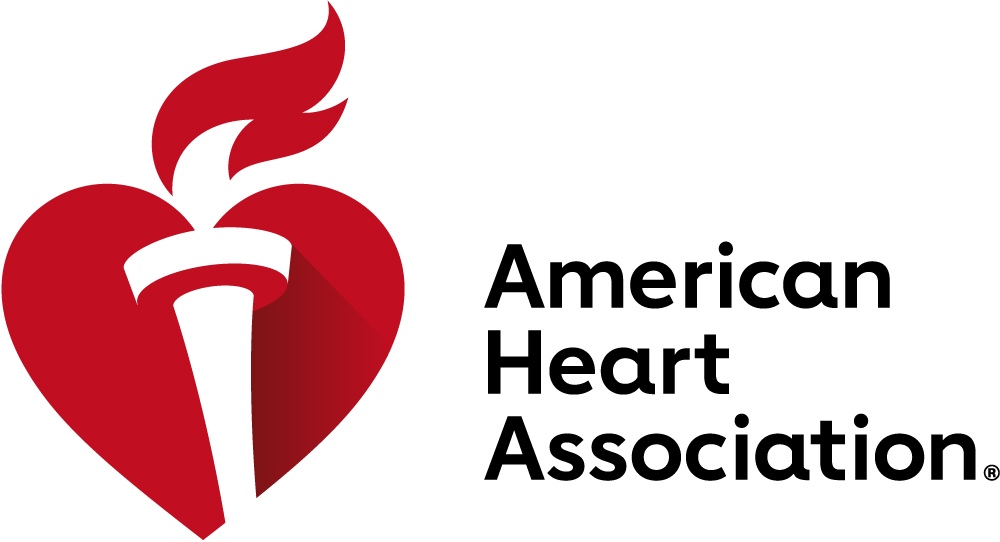US life expectancy lags global peers

Editor's Note Two recent reports highlight a widening gap in life expectancy between the US and other high-income nations. According to a December 6 article in Healio, the data point to modifiable risk factors and rising obesity rates as key contributors to what experts call a public health crisis. The…
Out-of-hospital cardiac arrest survival rates lag pre-pandemic levels, racial disparities persist

Editor's Note Survival rates following out-of-hospital cardiac arrest (OHCA) have not returned to pre-pandemic levels and continue to reflect racial disparities, according to a preliminary study set for presentation at the American Heart Association’s Scientific Sessions 2024. Analyzing data from over half a million U.S. adults who experienced OHCA between…
Statistical models aim to improve surgical patient pain management

Editor's Note Researchers at MIT and Massachusetts General Hospital (MGH) have developed statistical models to improve how anesthesiologists manage unconscious pain, or nociception, during surgery, according to a September 23 report in News Medical. Derived from over 18,000 minutes of surgery data across 101 abdominal procedures, the models aim to…
Study on pre, postop opioid use reveals improvements needed for managing young patients

Editor's Note Many youths continue to take opioids months after undergoing surgery, according to a recent multi-institutional study published in JAMA Network. Medical Xpress covered the news July 11. Conducted by researchers from CHOP, Massachusetts General Hospital, University of Pennsylvania, and Stanford Medicine, the study found 1 in 6 youths…
Study finds no link between anesthesia dose, postop delirium

Editor's Note Higher doses of anesthesia did not affect risk of postoperative delirium in a study of more than 1,000 heart surgery patients, according to a June 10 United Press International (UPI) article on study findings published in JAMA. The research included 1,140 heart surgery patients, half of whom had…
Chronic conditions spike nationwide
Editor's Note Eight chronic conditions—arthritis, depression, diabetes, asthma, cancer, cardiovascular diseases (CVDs), chronic obstructive pulmonary disease (COPD), and chronic kidney disease (CKD)—continue to expand nationwide along with premature deaths from drugs, firearms, and more, according America’s Health Rankings 2023 Annual Report. Presented by the United Health Foundation in partnership with…
Reducing opioids prescribed after total joints
Editor's Note This study from the University of Michigan, Ann Arbor, finds that total hip (THA) and total knee (TKA) arthroplasty patients could be prescribed less opioids after surgery without the need for refills. The analysis included a cohort of 120,889 opioid-naïve primary total joint arthroplasty patients aged 18 to…
Substance use disorder admissions down, overdose deaths up during COVID-19
Editor's Note This study led by the RAND Corporation, Santa Monica, California, finds a 23.5% decrease in substance use disorder treatment admissions across the US during COVID-19. In 2020, the number of substance use disorders admissions decreased from 65.9 to 50.4 per 10,000. The decrease was larger for men (87.5…
Unintentional drug overdoses spiked in adolescents during COVID-19
Editor's Note This study by researchers at The Ohio State University Wexner Medical Center and College of Medicine, Columbus, finds that the first year of COVID-19 saw a 113% increase in “Years of Life Lost” (YLL) among adolescents and young people in the US because of unintentional drug overdoses. Among…

 Free Daily News
Free Daily News